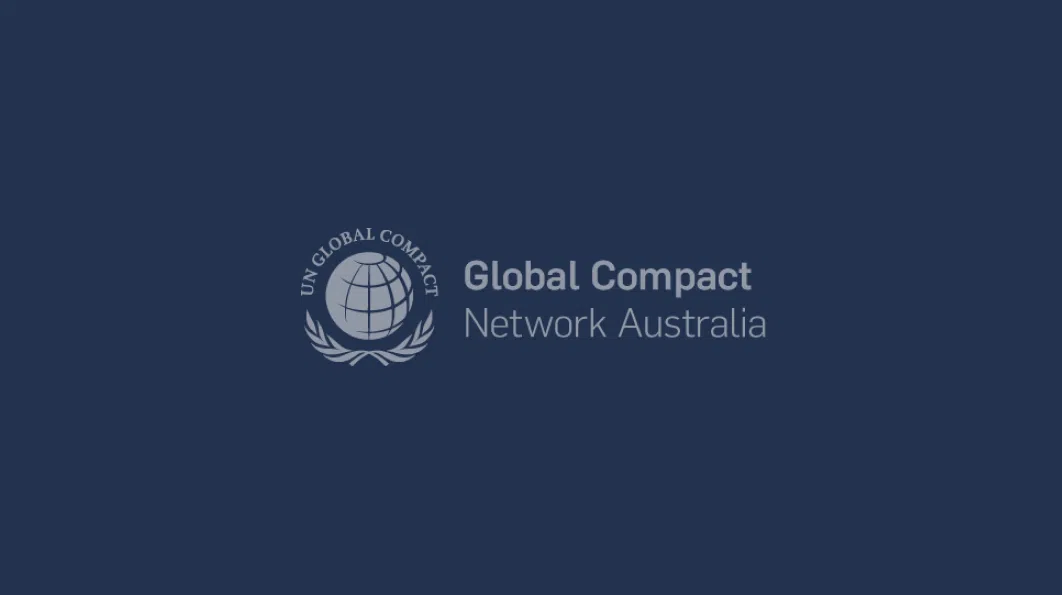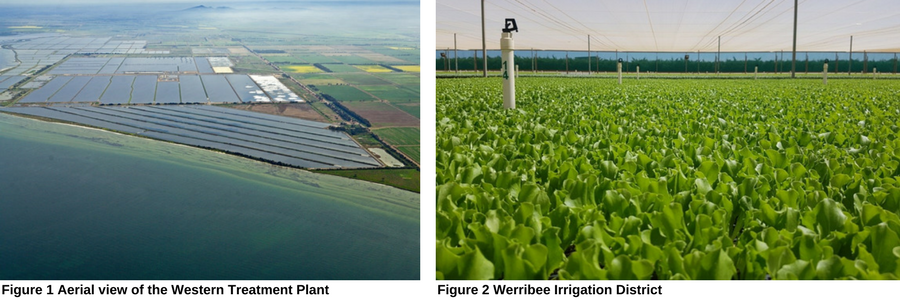
Case Studies, Environment & Climate Change
Melbourne Water: Western Treatment Plant & Recycled Water for Sustainable Farming
UN Global Compact Network Australia | March 22, 2017
Melbourne Water supplies drinking and recycled water and manages Melbourne’s water supply catchments, sewage treatment and rivers, creeks and major drainage systems.
Located in Werribee, southwest of Melbourne, Melbourne Water’s Western Treatment Plant (WTP) is the largest wastewater treatment facility in Victoria, treating more than half of the city’s wastewater. The plant, however, contributes much more than wastewater management, including a significant recycled water program for local irrigators which provides essential support for food production for a growing city of over 4 million.
Owned and operated by Melbourne Water, the 10,500 hectare Western Treatment Plant (WTP) is an extraordinary asset for the Victorian community and a world class example of sustainability.
The WTP produces almost 40 billion litres of recycled water per year, and operates in a holistic, integrated way recognising the environment as a fundamental part of the treatment system. Low cost sewage treatment is achieved via gravity flows, lagoon treatment, renewable energy and application of recycled water to land being used for broad acre cropping. Benchmarked on a world wide scale, the WTP is amongst the lowest cost treatment plants.
The WTP also uses biogas to meet nearly all its electricity needs which prevents 87,000 tonnes of carbon dioxide from being emitted through the burning of fossil fuels each year.
Challenges such as population growth and climate change place increasing pressure on water supplies. The use of diverse water sources such as rainwater, stormwater and recycled water is an important component of reducing the demand on the water supply system. Recycled water from the WTP is a valuable resource which is being used to support local agriculture, sustainable land management and economic development.
Werribee South is located 32 km south-west of Melbourne and covers an area of 3,000 hectares. Located in close proximity to WTP, Werribee South, produces vast quantities of a wide range of fresh produce which is consumed all around Australia and exported internationally. Around 150 vegetable farms produce lettuce, broccoli, cauliflower, fennel, and artichoke in the area and around 70% of Australia’s lettuces are sourced from Werribee South.
Since January 2007 Werribee South’s farms have been part of the Werribee Irrigation District Recycled Water Scheme which feeds recycled water from WTP directly into the irrigation system for the local farmers to supplement their water allocation. More than 90 farmers in the area utilise recycled water in this way.
Family owned Mason Brothers Vegetable Farms is run by farmer Amedeo (Amo) Mason, who is one of the largest producers of fennel, lettuce and broccoli in Victoria.
“The thing I love about being a farmer is the early mornings with a perfect weather and seeing the sun rise and the sun set throughout the day. At my farm we have excellent soil texture, a fabulous location and the position of Werribee South near the bay gives us cool nights and warm days, making for an ideal growing environment.
“If I couldn’t access the recycled water program, the output of my farms would decrease significantly. I have around 100 staff today, but without the recycled water, we would probably half that… Melbourne Water really is our partner in all of this, because without accessibility of quality, reliable water year-round, we wouldn’t have this beautiful produce to send to market”. Amo Mason, Mason Brothers Vegetable Farms
WTP is also a significant site for ecological research and birdwatchers, having been voted among the top birdwatching sites in Australia (Birdlife Australia). The lagoons and foreshore regularly support over 120,000 waterbirds, including internationally significant migratory birds, and rare and endangered species such as Orange-bellied Parrots, Australasian Bittern, Curlew Sandpiper, Growling Grass Frogs and Spiny Rice flowers.
Melbourne Water continues to work with local farmers, private industry and the retail water businesses to identify new opportunities to provide enhanced community value through our recycled water and wastewater treatment services and enhance our contribution to the UN Sustainable Development Goals.
You can find out more about the Western Treatment Plant here:
www.melbournewater.com.au/whatwedo/treatsewage/wtp/pages/western-treatment-plant.aspx
